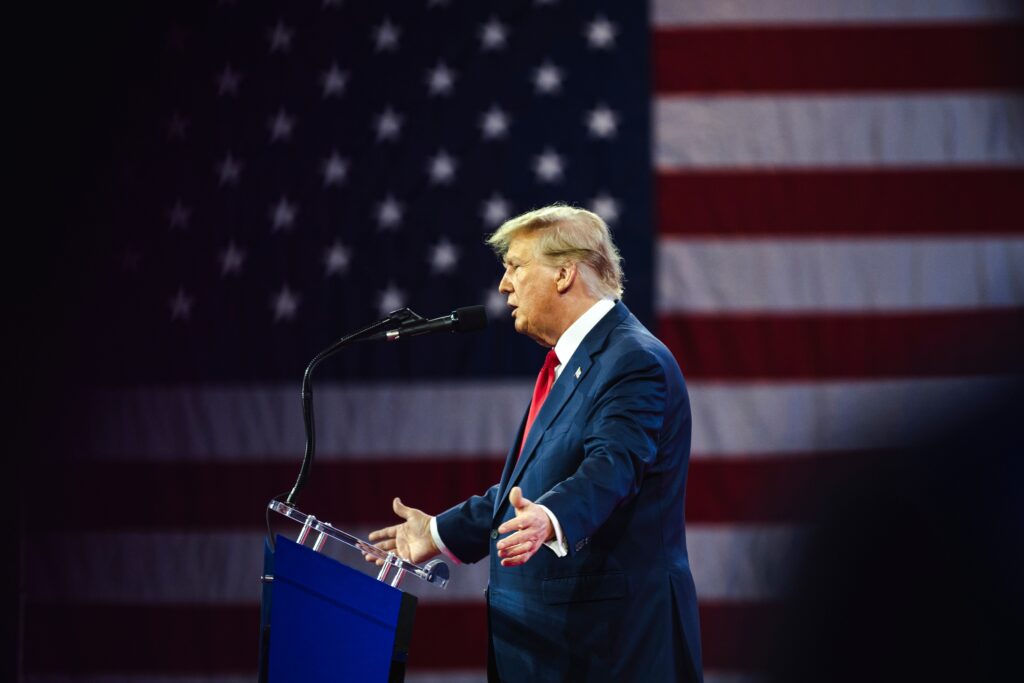The U.S. government has issued a stark ultimatum to Columbia University, requiring the institution to relinquish control of its Middle Eastern, South Asian, and African Studies Department if it wishes to retain federal funding. This demand follows the revocation of $400 million in grants and a review of an additional $5 billion in federal aid. The government cited the university’s failure to effectively address antisemitism on campus as the central issue, marking a significant escalation in federal oversight of university governance under the Trump administration.
Columbia Faces Stricter Oversight and Federal Funding Cuts
The U.S. federal government has made it clear that any future financial negotiations with Columbia University hinge on a series of tough conditions. A letter sent to the university on Thursday specified the government’s expectations, including placing the Middle Eastern, South Asian, and African Studies Department under “academic receivership” for at least five years. In addition, the university is required to adopt a revised definition of antisemitism and amend its admissions policies before discussions on funding can proceed.
The ultimatum, which is a part of the Trump administration’s growing influence over higher education, has sparked a national conversation on the balance between federal oversight and academic freedom. The demand for restructuring and stricter definitions of antisemitism comes amid mounting concerns about discrimination and bias on college campuses.
Tensions Escalate After Pro-Palestinian Protests
The federal government’s scrutiny of Columbia University intensified following a series of pro-Palestinian protests that took place last year. The protests, which advocated for Palestinian rights, were met with resistance from some segments of the university community, while others viewed them as an opportunity to challenge the administration’s handling of campus discourse.
In the aftermath of these protests, tensions further flared when Mahmoud Khalil, a former student spokesperson for the demonstrators, was arrested and transferred to a detention center in Louisiana. His case, which centers around the government’s attempt to deport him, has become a flashpoint in the ongoing conflict between the Trump administration and universities with active student movements.
Khalil’s arrest has added fuel to an already contentious situation, further straining relations between the administration and academic institutions. Columbia University has already taken disciplinary measures against students involved in last spring’s occupation of Hamilton Hall, including suspensions and even expulsions. These actions have sparked debate over whether such measures infringe upon free speech and activism on campus.
Federal Crackdown on Campus Discrimination
While Columbia University is under heightened scrutiny, the U.S. Department of Education has expanded its investigations into racial discrimination at other universities. The department has launched probes into over 50 institutions, signaling a broader effort by the government to reform campus policies related to race, ethnicity, and political expression.
The government’s crackdown has sparked protests at universities across the nation, with many students and faculty arguing that the administration’s actions threaten academic freedom and the open exchange of ideas. Advocates for the government’s position contend that universities must do more to address systemic discrimination and hate speech on campus.
Columbia’s Response to Federal Demands
Columbia University has yet to respond publicly to the specifics of the government’s ultimatum. However, the university has expressed its commitment to tackling issues of antisemitism and discrimination on campus. In recent months, the university has implemented measures to improve campus safety, free speech policies, and inclusivity initiatives, though the government’s demands suggest that more substantial changes are expected.
The university is now faced with a challenging decision: comply with the federal government’s requests, which would result in significant structural changes, or resist and risk further financial penalties. The outcome of this standoff could have wide-reaching implications for academic institutions across the United States.
A Defining Moment for Academic Freedom
The conflict between Columbia University and the Trump administration highlights the broader national debate on the role of universities in political discourse and social justice issues. With tensions continuing to mount, the university’s response will be closely watched as it attempts to balance its commitment to academic freedom with the need to comply with federal demands.
As the situation develops, the stakes are high not only for Columbia University but for universities nationwide. The outcome of this standoff will likely influence future policies regarding government intervention in university affairs and set a precedent for how institutions address issues of discrimination and political expression on campus.
